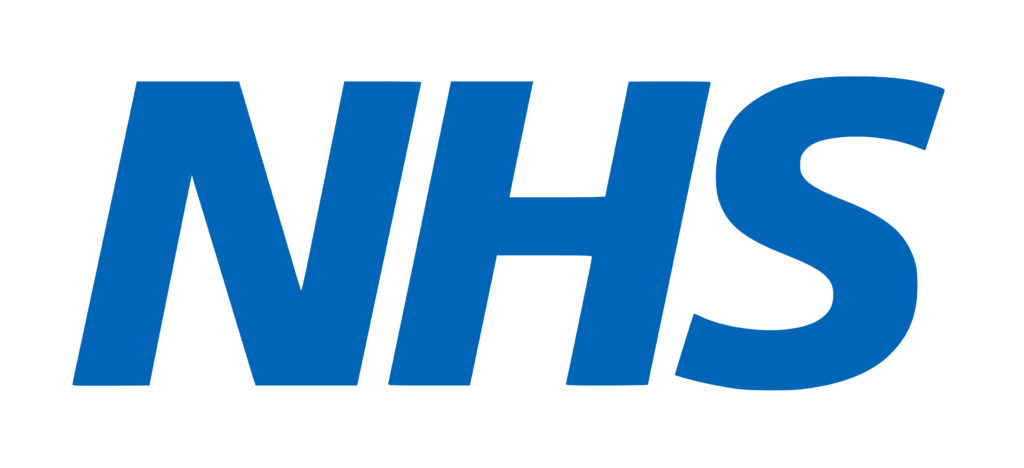Group A Strep & Scarlet Fever

You may have seen in the news and online stories about Group A Strep.
Am I at any increased risk of invasive disease?
Those at an increased risk of invasive Group A Streptococcal disease include people
who:
- are in close contact with someone who has the disease
- are over the age of 65
- are diabetic, have heart disease or cancer
- have recently had chickenpox
- have HIV
- use some steroids or other intravenous drugs.
What are the signs of invasive disease?
The symptoms can include:
- fever (a high temperature above 38°C (100.4°F))
- severe muscle aches
- localised muscle tenderness
- redness at the site of a wound.
You should contact your GP or get medical advice straight away if you think you have any of the signs and symptoms of invasive disease. Tell your doctor if you have been in contact with someone who has had Group A Strep recently. Your GP will most likely ask you to come into the surgery to be examined.
NHS 111 Online:
Telephone: 111 (when it is less urgent than 999)
Calls to this number are free from landlines and mobile phones or via the website at NHS 111 Online

